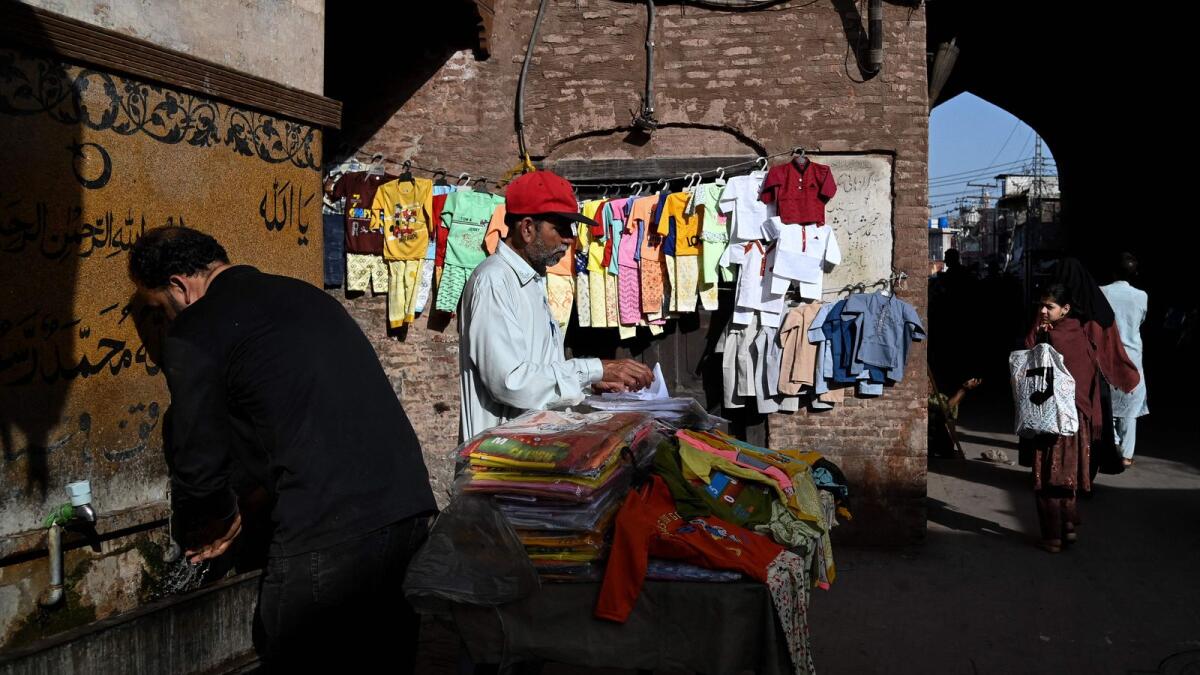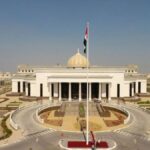The International Monetary Fund (IMF) has expressed concerns about the Pakistani economy, stating that downside risks remain high. The IMF staff report highlighted political uncertainty and high cost of living as factors that could impact policy decisions. The fund emphasized the need for timely external financing disbursements to maintain debt sustainability and protect the exchange rate. Pakistan is currently in the process of negotiating a new program with the IMF, as it looks to address its fiscal shortfall and stabilize economic growth.
The IMF’s warning comes at a time when Pakistan is facing significant economic challenges. The country narrowly avoided default last year with the help of a short-term $3 billion program. However, the government is now seeking a longer-term program to address its ongoing financial difficulties. Inflation has decreased from 38 percent to 17 percent, but growth remains stagnant at around 2 percent. The IMF has stressed the importance of external financing to support Pakistan’s economic stability.
One of the key concerns highlighted by the IMF is the impact of political complexities on economic policy. The fund has urged the Pakistani government to address policy slippages and ensure financial stability. Additionally, external factors such as higher commodity prices and disruptions to shipping could further worsen the country’s economic situation. Pakistan’s economy is heavily reliant on external financing, making it vulnerable to global economic conditions.
To address these challenges, Pakistan is expected to seek at least $6 billion from the IMF and may request additional financing from the Resilience and Sustainability Trust. The government will need to focus on implementing sound economic policies and attracting external investments to support sustainable growth. With the IMF mission scheduled to visit Pakistan soon, discussions on a new program are crucial for the country’s economic future. It is essential for policymakers to prioritize economic stability and implement measures to address the current challenges faced by the Pakistani economy.
In conclusion, the IMF’s warning about the high downside risks for the Pakistani economy should prompt policymakers to take proactive measures to address the country’s economic challenges. With political uncertainty and external factors posing significant threats to economic stability, Pakistan must work towards implementing sound economic policies and securing timely external financing to support sustainable growth. The upcoming discussions with the IMF will be crucial in shaping the country’s economic future and ensuring that Pakistan can navigate through the current uncertainties and achieve long-term stability and prosperity.











